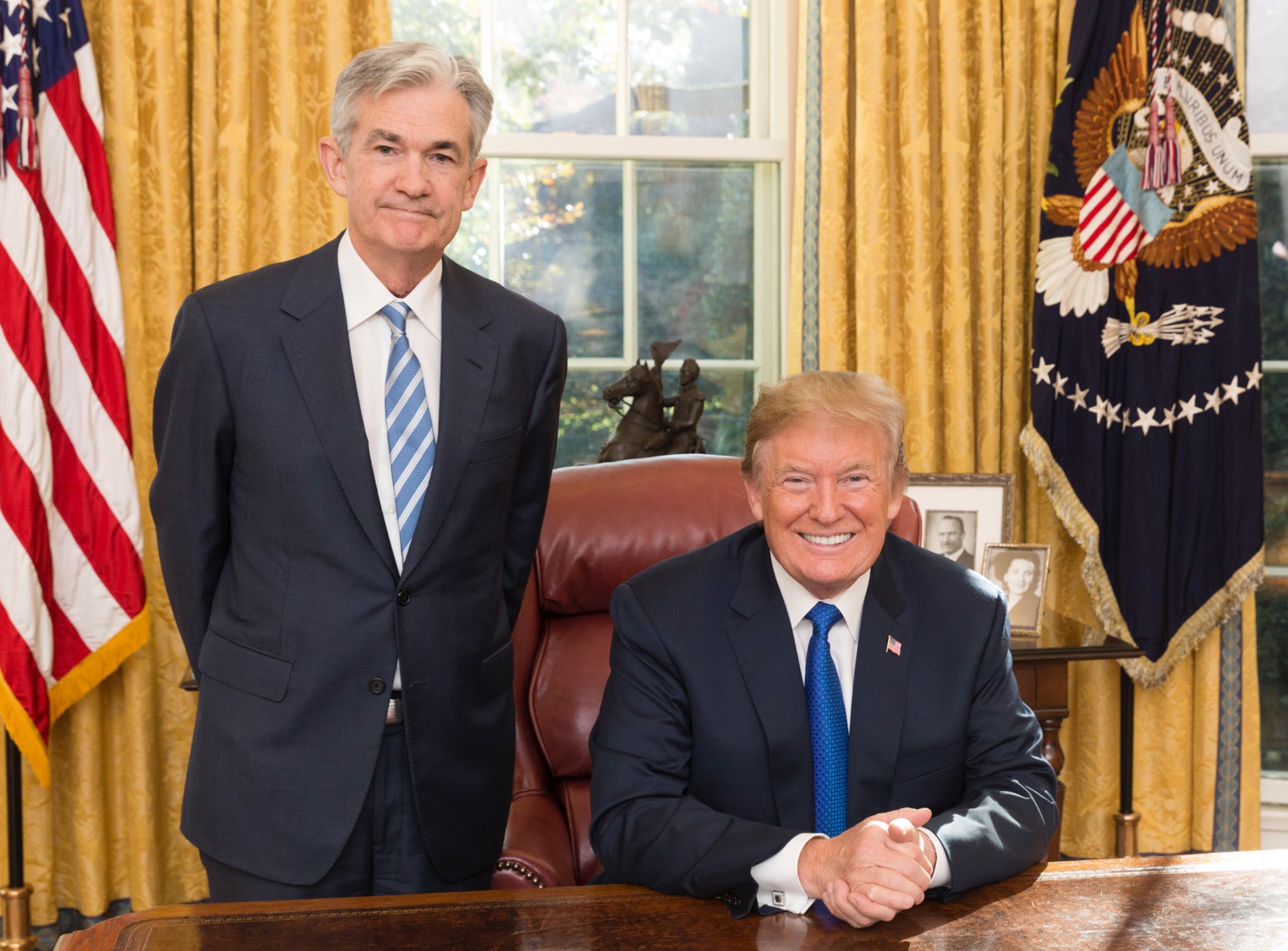In a groundbreaking trial in San Francisco, the U.S. Securities and Exchange Commission (SEC) is testing the boundaries of insider trading laws. The case against former biotech executive Matthew Panuwat hinges on whether his lucrative stock trade in a rival company, Incyte (INCY), using confidential information about a potential takeover of his own company, Medivation, by Pfizer (PFE), constitutes insider trading. This enforcement case, watched closely by the securities trading community, represents the SEC's first foray into prosecuting so-called 'shadow trading', highlighting the ambiguity in the legal definition of insider trading.
The SEC's argument, presented by lawyer Matthew Meyerhofer, centers around Panuwat's alleged abuse of insider knowledge. Mere minutes after learning of Pfizer's interest in Medivation, Panuwat invested a significant portion of his salary in Incyte, anticipating that the acquisition would make Incyte a more attractive takeover target. The SEC posits that Panuwat’s actions, while not directly involving his own company's stock, still amount to insider trading, as he exploited confidential information for personal gain.
Market Overview:
-SEC's Expanding Definition of Insider Trading: The Securities and Exchange Commission (SEC) is testing the boundaries of insider trading by suing a former biotech executive, Matthew Panuwat.
-Case Focus: The case centers on whether profiting from a competitor's stock based on knowledge of a potential takeover constitutes insider trading, even if the information isn't directly related to the traded company. (This practice is referred to as shadow trading.)
-Broader Implications: The outcome of this case could have significant implications for companies' insider trading policies and the definition of "material nonpublic information" used in insider trading regulations.
Key Points:
-SEC's Argument: Panuwat, aware of Medivation's potential acquisition by Pfizer (PFE), used this knowledge to buy call options in rival Incyte Corp., expecting its value to rise post-acquisition. The SEC views this as "shadow trading" and a violation of insider trading regulations.
-Defense Rebuttal: Panuwat's lawyer argues the trades were based on publicly available information (potential acquisition buzz) and denies any intent to defraud. He claims the SEC lacks evidence of Panuwat's thought process at the time of the trade.
-Focus on Intent: The case hinges on whether Panuwat's industry knowledge about potential acquisitions constitutes insider information and if he deliberately breached his confidentiality agreement with Medivation.
Looking Ahead:
-Potential Impact on Companies: A guilty verdict could force companies to re-evaluate their insider trading policies, potentially restricting employee trades based on broader industry knowledge beyond just their own company.
-Redefining Insider Information: If the SEC prevails, the definition of insider information might expand to encompass specialized industry knowledge used for personal gain.
-Uncertainties for Employees: The case creates uncertainty for employees regarding the boundaries of permissible trades based on their professional expertise and industry knowledge.
However, Panuwat's defense, led by attorney Jack DiCanio, counters this narrative. They argue that the trade was based on Panuwat’s belief in Incyte's undervaluation, not insider knowledge, emphasizing the lack of direct evidence linking Panuwat's decision to specific insider information. DiCanio asserts that the SEC is trying to infer Panuwat’s intentions without concrete proof and highlights that the information Panuwat acted on had been public knowledge.
This case has significant implications for the scope of insider trading laws. It tests whether actions based on industry insights, rather than direct company information, fall under the purview of insider trading. The outcome could redefine the legal boundaries of trading practices and influence corporate insider trading policies. Judge William Orrick's decision to bring the case to trial, despite Panuwat's request for dismissal, underscores the seriousness and complexity of the allegations. This trial not only impacts Panuwat but could also set a precedent affecting future SEC enforcement and corporate policymaking.




